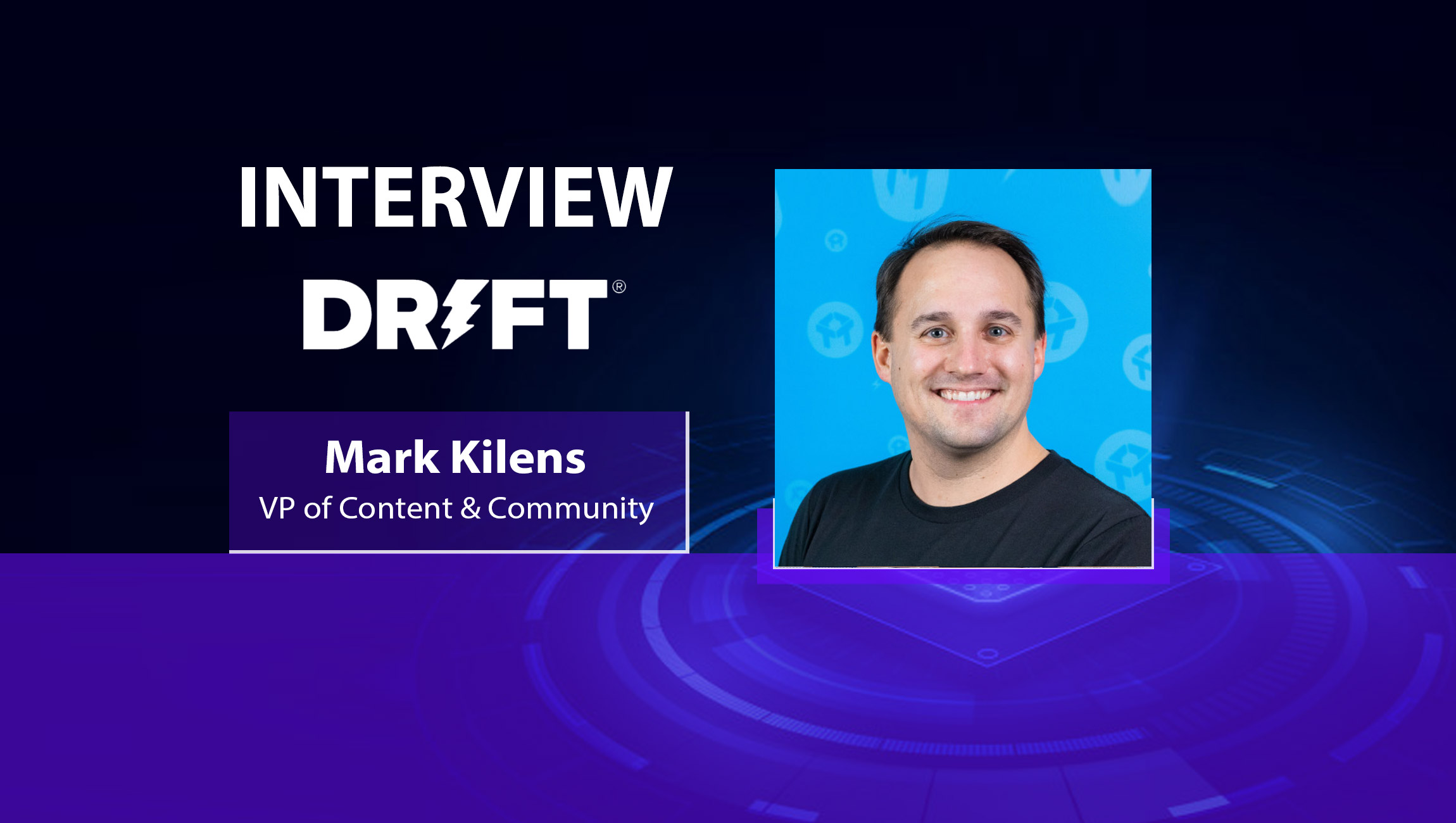Content marketing has evolved over the years and how. From the typical blog posting strategy and having a solid SEO plan that integrates with a brand’s content development plan, marketers today are now expected to do much more to drive online brand engagement and help their businesses achieve true ROI.
With the constant evolution in content marketing, marketers today are now tasked with creating content plans that involve a fair bit of interactive media including a well-thought out online webinar, podcasting strategy and event strategy, among others.
It is not uncommon to find that most brands today do sport a podcast channel or two as part of their overall content marketing plans.
When it comes to podcasts though, as the adoption of this new media increases and as marketers find new ways to structure their podcasts and attach it to core business goals, there are so many factors that matter.
The demand for podcasts and the rise in the number of podcasts in the B2B market is not expected to slow down anytime soon. But to drive a solid podcasting model that leads to high value ROI, what is it that B2B brands need to be keeping foremost in mind? For starters, they need to avoid these 06 common podcasting mistakes!
Marketing Technology News: Top B2B Marketing Strategies to be Thankful for!
-
A lack of identity: Not knowing what your podcast should be known for
There is no dearth of podcasts in the B2B marketplace today. But among all these multiple podcast tracks, it is sometimes observed that a few podcasts portray a series of conversations and topics that do not necessarily align to a core theme.
Starting a podcast can be fun and exciting, especially for marketing teams who are doing it for the first time. But it is at this stage that a brand needs to be certain about what theme they should focus on and more importantly what they want their podcast to be known for.
There are several topics of focus that can turn out to be a central theme for a new podcast that is about to set up. A ‘marketing tips’ podcast can focus on sharing B2B marketing tricks, a martech podcast can share thoughts and value on martech optimization and so much more.
-
A host that builds for themselves, not the brand = not good: It is crucial to have a host that focuses on building the brand, not their own personal brand value
Similar to the fact that there is no dearth of podcasts in the marketplace today is also the fact that there is no dearth of thought leadership too! The number of experiences that marketers and others have to share through online platforms (read: LinkedIn!) far outweighs much else!
But that also means that brands that are starting out with a new podcast strategy need to identify a host from within their team that is set on building the brand value more than their own personal value in the marketplace.
Tapping into a host or set of hosts who are in it purely for the growth of the company is key to ensuring the podcast is built out to generate conversations on topics that can add value in the marketplace and not get lost in the noise.
-
If you have multiple themes, you can’t have one podcast: It is good to have multiple podcast talk tracks for brands who want to share conversations across many themes and topics
For marketing teams who want to portray conversations across a range of topics and not just one theme, having multiple channels or multiple podcasts as part of their core strategy can be more fruitful as opposed to running one model that has a mix of topics.
We live in a B2B marketplace where the audience today demands more personalized content that fits their need and topic of interest.
If a brand wants to host a marketing podcast but also share B2B sales tips, having two different hosts and two different podcasting channels and themes running side by side will not only lead to better future podcast marketing plans, it can help optimize how that particular podcast is used to tap into a certain audience base more effectively.
-
Not tapping into leaders in the market effectively: An influential guest host for weekly episodes matters!
While a brand can identify a host that is tasked with the goal of running the podcast and hosting external guests regularly, this is where marketers can set out to make a difference. When it comes to thought leadership, there is no dearth of marketing and sales or other B2B leaders who have a lot of tips to share from their journey and experiences.
A guest host who is known in the market but doesn’t necessarily belong to the brand can be on boarded to run weekly episodes or monthly episodes, for instance, in addition to what the regular host does.
This can also add value to the overall podcasting strategy and help a new podcast grab more listeners a lot quicker.
Marketing Technology News: Marketing Technology Highlights of The Week: Featuring Google Cloud, Genesys, Qualtrics, PathFactory…
-
Not knowing what to measure: Learning to identify what’s working and what isn’t in your podcast
If you start listing the number of podcasts in the market today, there are far too many to choose from. Starting a podcast is a great idea. What’s even better is setting in place a structure that can allow a brand to evaluate how well their podcast is working. Choosing the right metrics versus a set of objectives and constantly evaluating whether the time, money and effort spent in setting up and running the podcast is bringing in the desired ROI is an activity not every podcast team undertakes effectively.
While the number of podcast subscribers may matter to one brand, to another, evaluating the number of customers they could bring in through their podcast could be a more crucial metric. It all depends on what a brand wants their podcast to do. This is where marketers and other senior leaders need to identify on core goals and metrics in order to evaluate what can be done better to improve the ROI from their podcast strategy.
-
Giving your podcast a wrong identity: It’s time to name it Right!
Choosing a name for your podcast that aligns to a long-term brand goal or brand identity can be useful in many ways. A generic name that doesn’t connect to the theme of the podcast or one that doesn’t showcase which brand the podcast is by can lose value in a crowded marketplace that is already full of blogs, podcasts, webinars and the sorts!
One of the key differentiators lies in naming your podcast or podcasts to connect to a central theme (The MarTech Podcast, for instance!) or one that portrays which brand owns and runs the podcast (The SalesStar Podcast by SalesTechStar, for instance!). Relaying this identity through your podcast marketing initiatives across multiple channels can then lead to more engagement and brand recall for the podcast.
End Note
Brands that tapped into podcasting much earlier on, when there weren’t necessarily so many podcasts mushrooming in the marketplace have a big advantage already. But newer podcast channels can adapt and grow from there and bring in a different format to the audience.
Ensuring a seamless listener experience, assessing the health of your podcast subscribers, having your podcast broadcasted across multiple channels like Spotify and other popular platforms are all basic fundamentals that need to be thought out.
The great thing about podcasts is that it can be fun and exciting to execute, once the groundwork is laid out, brands can actually drive several unique benefits from their podcast strategy for the long-term.
Marketing Technology News: What Does It Take To Build Strong Omnichannel Brand Experiences?











